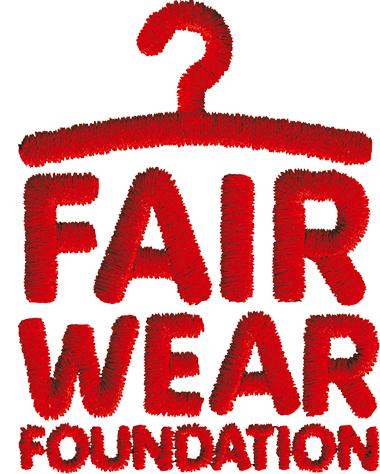The Gender Forum 2017 has started on Monday morning! During this three day event in Vietnam, businesses, governments, NGOs and trade unions will share solutions to help put an end to gender-based violence in garment factories, a persistent and widespread problem.
In Ha Long Bay, around 100 professionals have come together to discuss initiatives to fight and prevent discrimination and gender-based violence in the garment industry. Millions of female garment workers are victims of harassment at work. They report verbal and physical abuse and sexual harassment, as well as forced labour, assault and rape.
FWF & partners
The training and knowledge-sharing event is organised by Fair Wear Foundation in close cooperation with the International Training Centre of the ILO (ITCILO) and Dutch unions Mondiaal FNV and CNV Internationaal, FWF’s partners in the Strategic Partnership for Garment Supply Chain Transformation. The partnership is active in Vietnam and seven other garment-producing countries.
FWF has a history of working on gender issues in the garment industry. Since 2012 FWF has worked on establishing anti-harassment committees in factories in Bangladesh and India. In India, FWF launched a supervisor training programme. By training female workers to become supervisors, the programme aims to reduce economic discrimination and change gender stereotypes
ILO Convention
CNV Internationaal works hard to achieve a new ILO convention against violence on the workplace. CNV and Mondiaal FNV work with local partner unions in fighting gender based violence on factory level. Just recently, Mondiaal FNV cooperated with the Indonesian federation FBLP. They developed a course covering the different aspects that women face on the work floor, including violence.
Sexual harassment and violence against women are widespread problems in the garment industry where women make up about 80 percent of the workforce. Female garment workers constitute a highly vulnerable group. They are often young, poor, unskilled, sometimes illiterate, and often single women in a society dominated by strong gender hierarchies.
- Want to know more? Don’t miss our Gender Forum updates from Ha Long Bay on Twitter and Facebook!







